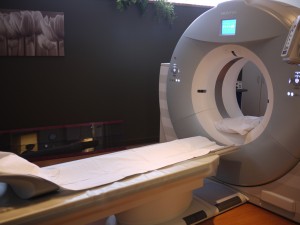
One of the rallying cries against fee-for-service medicine is this: since doctors are paid to do things to patients (tests, procedures), they are then incentivized to do more things to patients (tests, procedures) than the patient might actually need.
On Thursday, a wide swath of medical groups joined a campaign to list tests and procedures which are commonly done but risk causing patients more harm than benefit.
This "Choosing Wisely" campaign is from a coalition of doctors' groups -- ranging from the American Academy of Pediatrics to the Society of Thoracic Surgeons -- in conjunction with Consumer Reports. Last year, the campaign named 45 tests and procedures patients should look at carefully. This year, 17 doctors' organizations representing 350,000 physicians released 90 additional tests and procedures.
The goal is to encourage patients and doctors to consider what care is truly necessary, to understand “that when it comes to health care, more is not necessarily better,” Dr. Christine Cassel of the ABIM Foundation said in a statement.
Here are just a few examples of some of their recommendations:
- Don’t induce labor or schedule a c-section before 39 weeks pregnancy without a valid medical reason. Delivery before 39 weeks is associated with increased risk of learning disabilities and respiratory problems. (American College of Obstetricians and Gynecologists; American Academy of Family Physicians)
- Don’t use feeding tubes in patients with advanced dementia. It does not result in better outcomes. Studies show that helping with eating is a better, evidence-based approach. (American Academy of Hospice and Palliative Medicine; American Geriatrics Society)
- Don’t automatically do a CT scan to check a child's minor head injury. Roughly half of children who visit hospital emergency departments with head injuries are given a CT scan. CT scanning is associated with radiation exposure that may increase future cancer risk. Doctor should observe a child prior to making a decision about needing a CT. (American Academy of Pediatrics)
Fifteen more medical societies are expected to release new or additional lists later this year.